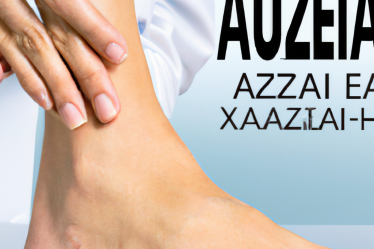
Progressive Muscle Relaxation: Your Key to Stress Relief and Enhanced Well-being
Stress is a reality many people face daily. The pressures of work, personal life, and constant worries can significantly impact our physical and mental health. Fortunately, there are effective techniques to manage stress and improve quality of life, one of which is Progressive Muscle Relaxation (PMR).
What is Progressive Muscle Relaxation?
Progressive Muscle Relaxation was developed by physician and psychologist Edmund Jacobson in the 1920s. This technique involves alternating tension and relaxation of different muscle groups in the body, aiming to reduce physical and mental tension.
To practice PMR, one must learn to identify and control muscle tension. Initially, the individual contracts a specific muscle group, holds the contraction for a few seconds, and then completely relaxes the muscle. This process is repeated for each muscle group in the body, promoting a deep sense of relaxation.
Benefits of Progressive Muscle Relaxation
Progressive Muscle Relaxation offers numerous benefits for physical and mental health. Some of the main benefits include:
- Reduction of stress and anxiety
- Improvement in sleep quality
- Relief from chronic pain
- Decrease in muscle tension
- Control of blood pressure
- Improvement in concentration and focus
How to Practice Progressive Muscle Relaxation
To reap the benefits of Progressive Muscle Relaxation, it is important to practice regularly. Here are some simple steps to start incorporating PMR into your daily routine:
- Find a quiet and comfortable place to sit or lie down.
- Close your eyes and take a few deep breaths to relax.
- Begin to contract and relax the muscle groups in your body, starting from your feet and moving upwards towards your head.
- Hold each contraction for about 5 to 10 seconds, then completely relax.
- Repeat the process for each muscle group, paying attention to the sensations of tension and relaxation.
- End the practice with a few more deep breaths and enjoy the feeling of relaxation.
It is recommended to practice Progressive Muscle Relaxation for about 10 to 20 minutes per day for best results. With regular practice, you may notice a significant reduction in stress and an improvement in your quality of life.
Conclusion
Progressive Muscle Relaxation is a simple and effective technique for relieving stress, improving sleep quality, and promoting overall well-being. By learning to control muscle tension and relax the body, you can enjoy a sense of calm and tranquility amidst the hustle and bustle of daily life.
Try incorporating Progressive Muscle Relaxation into your daily routine and experience the benefits for your physical and mental health. Be kind to yourself and take time to care for your well-being, as your health is your greatest treasure.
To learn more about relaxation techniques and ways to improve your quality of life, check out other posts on our blog:
- Learn to Relax: Discover the Benefits of Progressive Muscle Relaxation
- Unveiling the Secrets of the Mind: Everything You Need to Know About Psychology
- Transform Your Body and Mind: Discover the Power of Physical Exercises
- The Surprising Benefits of Dance for Body and Mind: Discover Now!
- 10 Reasons to Start Exercising Today!



